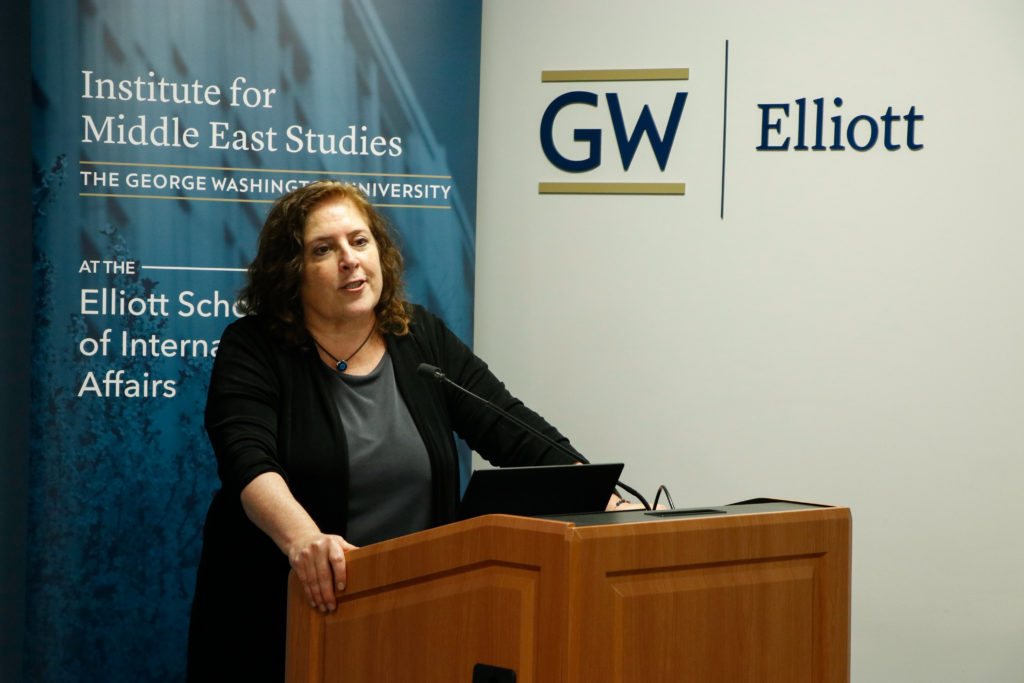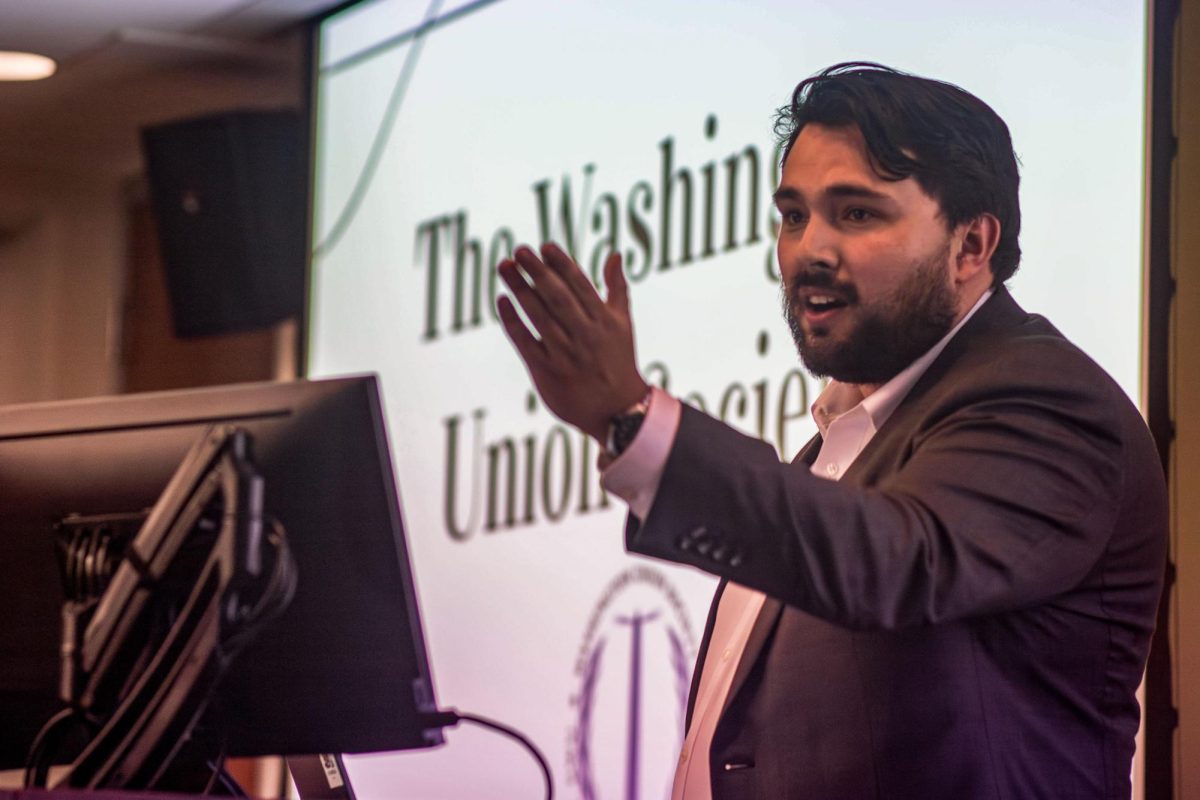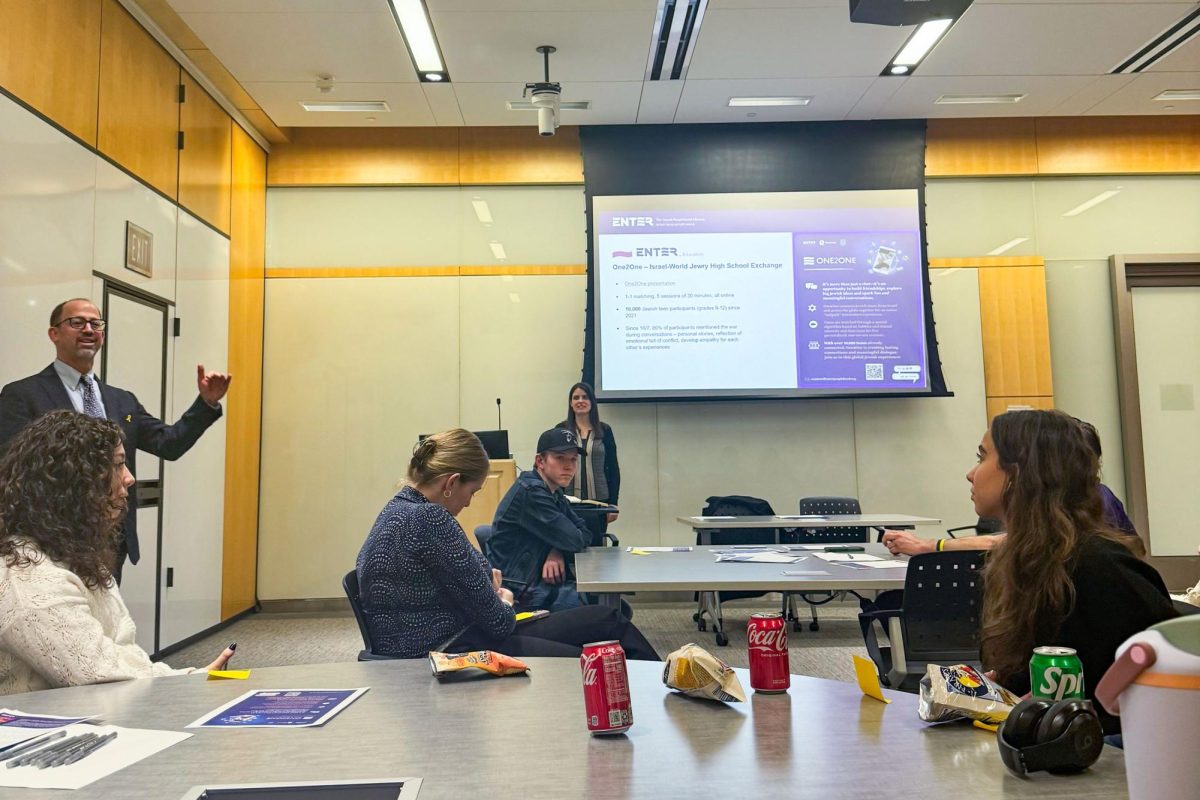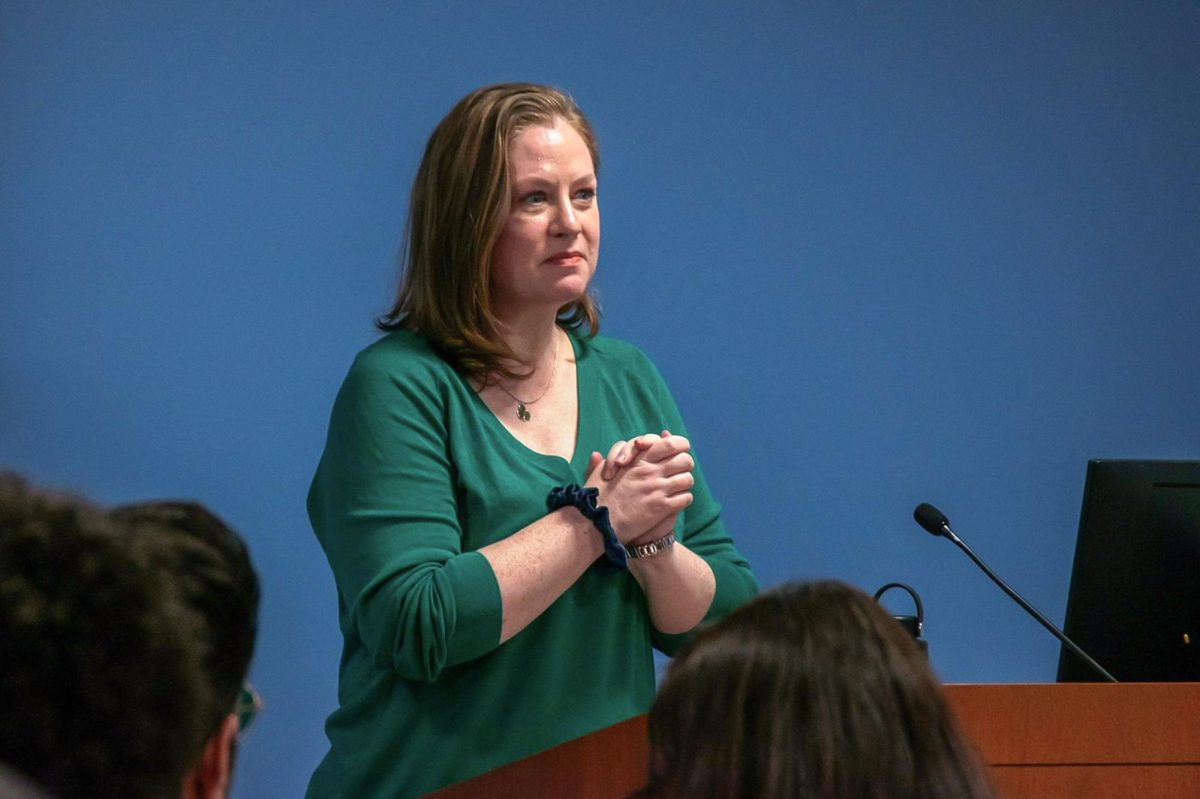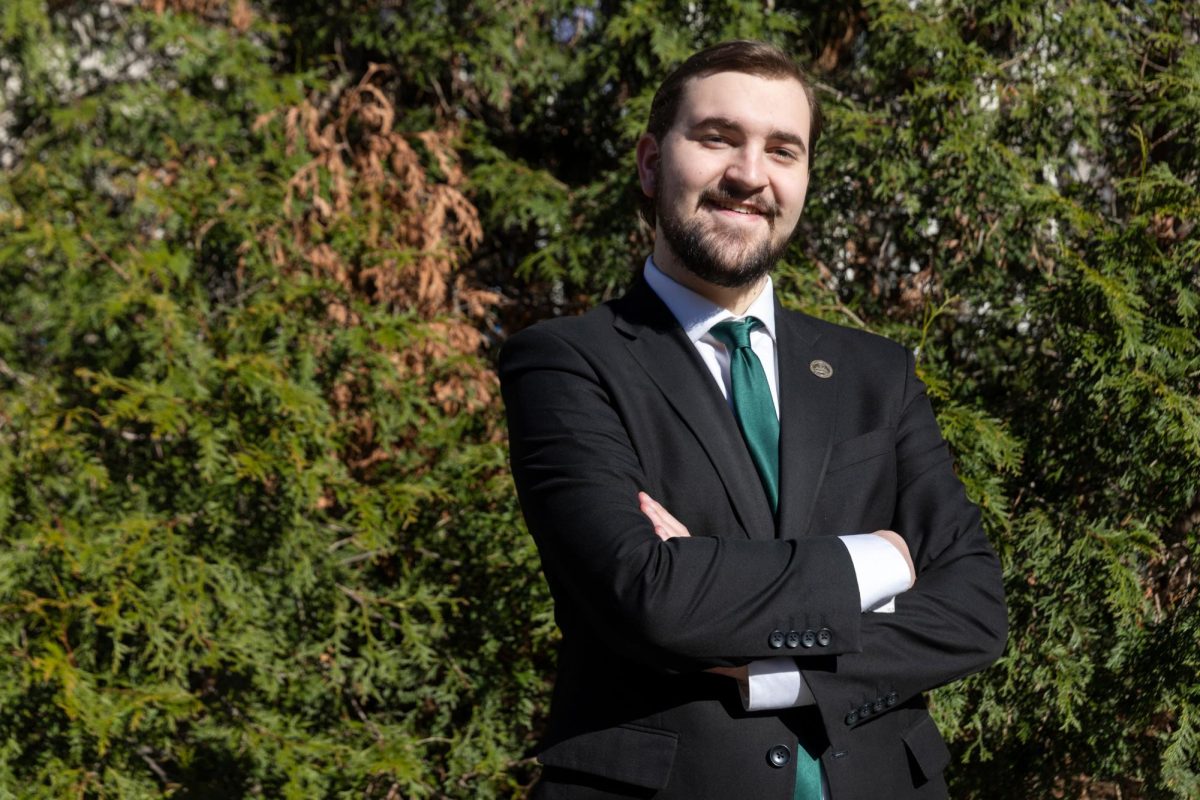A sociologist discussed court cases surrounding the Guantánamo Bay detention camp in a book talk Tuesday.
Lisa Hajjar – a professor of sociology at the University of California, Santa Barbara – spoke about her new book, “The War in Court: Inside the Long Fight Against Torture,” which catalogs the legal battles surrounding the United States military’s use of torture during the war on terror, at the Elliott School of International Affairs. Hajjar sat down with Military Commissions Defense Organization lawyers Alka Pradhan and James Connell to discuss the torture program and its effects on today’s Guantánamo Bay detainees in a hybrid event hosted by the Institute for Middle East Studies.
The panelists spoke about Guantánamo Bay’s role in the overseas capture of suspects and subsequent detainment and torture at Central Intelligence Agency black sites.
“Overwhelmingly, U.S. courts have failed to stop this contra-legal executive excess because of the idea of the nature of judicial interpretation of executive power, and when people say ‘Executive power is whatever we say it is,’ the judiciary, for the most part, has failed, and Congress obviously, has failed, to dial that back,” Hajjar said.
Hajjar said she previously studied torture and law issues in the Arab-Israeli conflict in the 1990s and began studying the implementation of torture interrogation programs by the Bush administration and officials within it, like former Vice President Dick Cheney, in the wake of the 9/11 attacks.
Hajjar said her book begins with the very first court case to challenge the Bush administration’s authority to “secretly” detain people at Guantánamo in 2002, tracing the legal battles fighting U.S. torture policy in the war on terror.
“People who didn’t know anything about interrogation, Dick Cheney, persuaded themselves that the only way to get information out of nefarious enemies was to brutalize and degrade them,” Hajjar said. “And so, in order to brutalize and degrade them, they had to be somewhere where there could be no lawyers, where there could be no oversight. And that’s why Guantánamo was selected.”
Pradhan and Connell then discussed their current case defending Guantánamo Bay detainee Ammar al-Baluchi, the 45-year-old nephew of one of the organizers of the 9/11 attack, Khalid Sheikh Mohammed.
Pakistani police arrested al-Baluchi in Pakistan in April of 2003. The government of Pakistan then turned him over to the CIA, who detained and tortured him at CIA black site Cobalt before moving al-Baluchi to Guantánamo Bay in 2012, where his trial is still ongoing.
“He got moved to Guantánamo in September 2006, he’s moved with 13 other so-called ‘high-value detainees,’” Pradhan said. “We could talk for half an hour about what that term actually means.”


